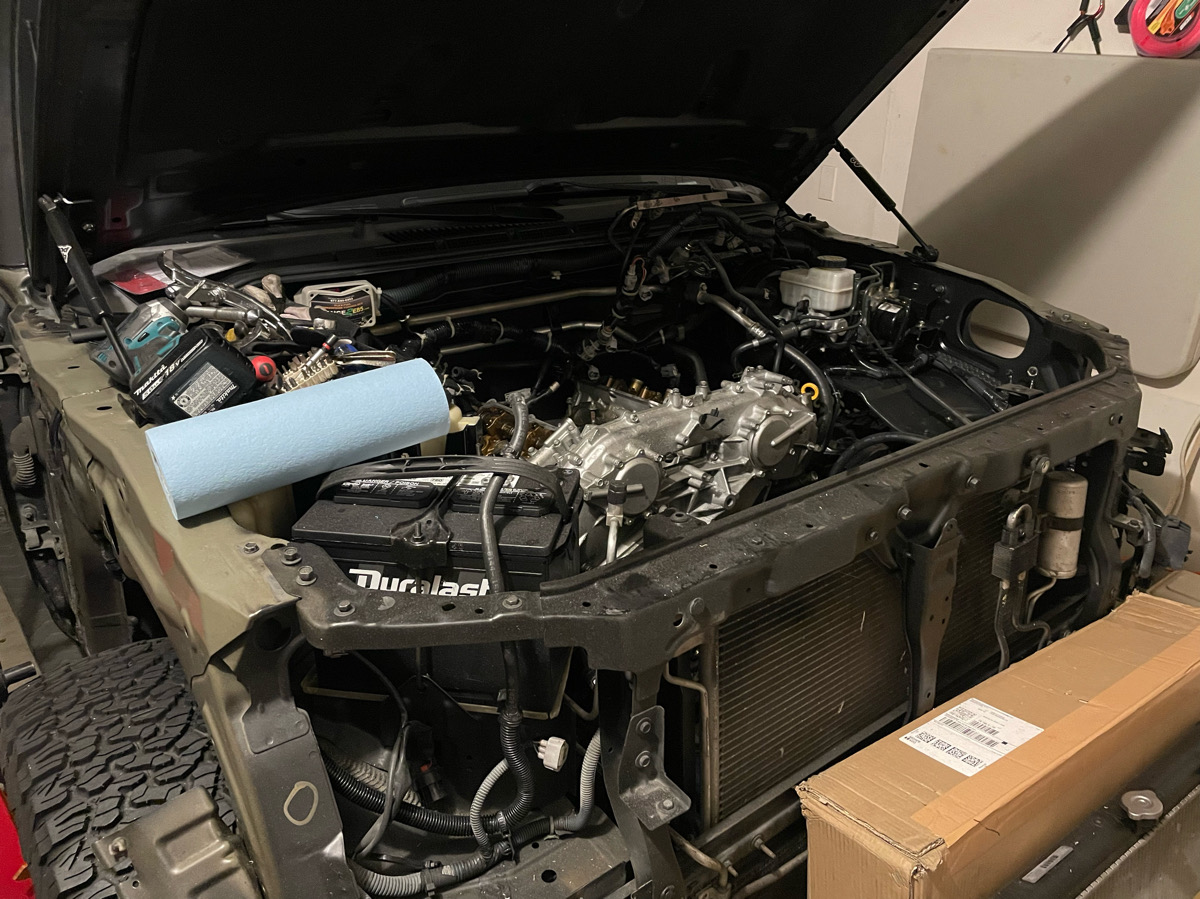
For much of the 20th century and into the 21st, society largely dictated what “disabled” meant. We were told we were disabled; that we were broken; that we didn’t matter because we weren’t whole. “Disabled” in this context is clearly used as an adjective to describe that state of a person: You’re disabled.
Indeed, if we search the dictionary for disabled, the first result is the adjective form: impaired or limited by a physical, mental, cognitive, or developmental condition : affected by disability.
As a backlash to being told we were non-functional—the medical model and ableist view of disability—some people switched to person-first language. It was thought that if you center the person instead of their disability, we were respecting people with disabilities. In short, the opposite proved to be true. The concept of disability became clouded; some people, like members of the Deaf community, don’t view their condition as disabling. For others, disability is an important part of self-identification and that got lost.
In the last few years, this has led to the disabled community taking back the word “disabled” to describe themselves, but with one very important distinction: the word is no longer used as an adjective but in its other form as a verb.
If we search the dictionary for disable, we note that its past participle is “disabled.” This is the basis for the passive voice instead of an adjective in the sentence, “I’m disabled.” We know it’s passive voice because you can add “by zombies” to the end. But passive voice has the annoying habit of obscuring the real actor.
I’m disabled by society and the built environment.
Rachele DiTullio
It’s important that those outside the disability community understand what we mean when we use “disabled” versus what they might mean. I encourage you to let them know you are fine just as you are. You are not disabled as in broken. You are forced to live in a world that disables you through intentional action, by not making society inclusive and accessible.
What do you think? Adjective or verb? Let me know on Twitter.